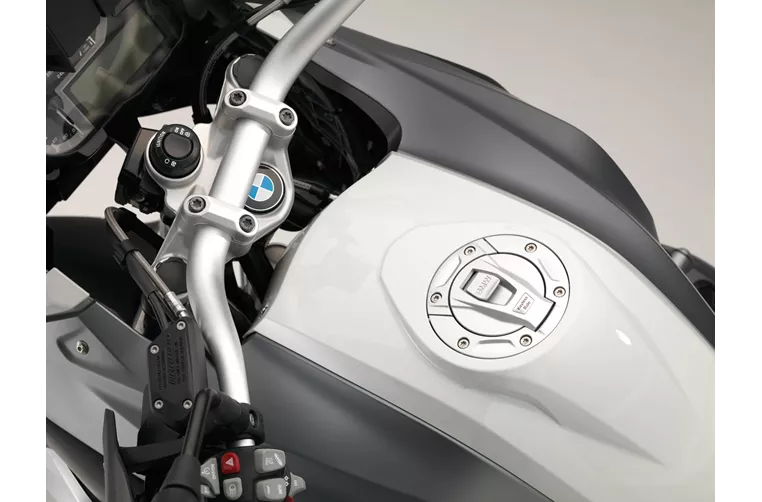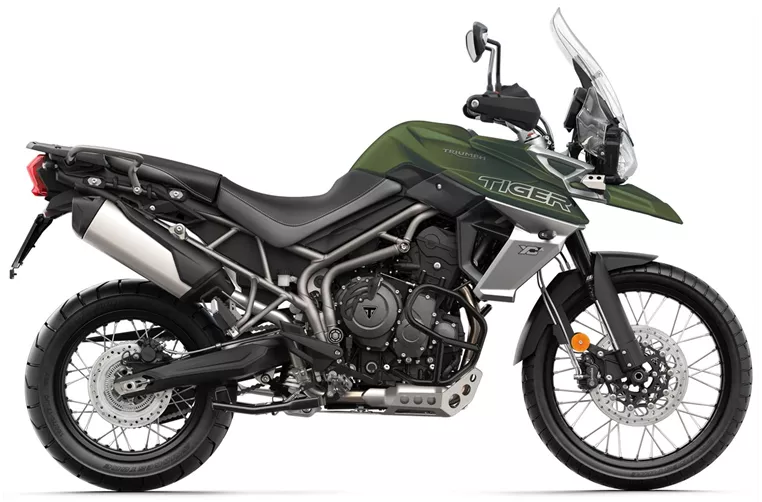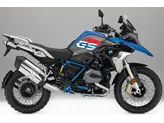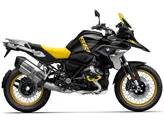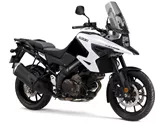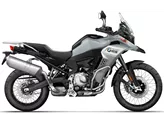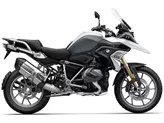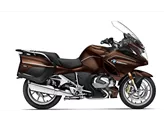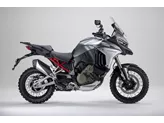BMW R 1200 GS 2016 vs. Triumph Tiger 800 XCA 2019
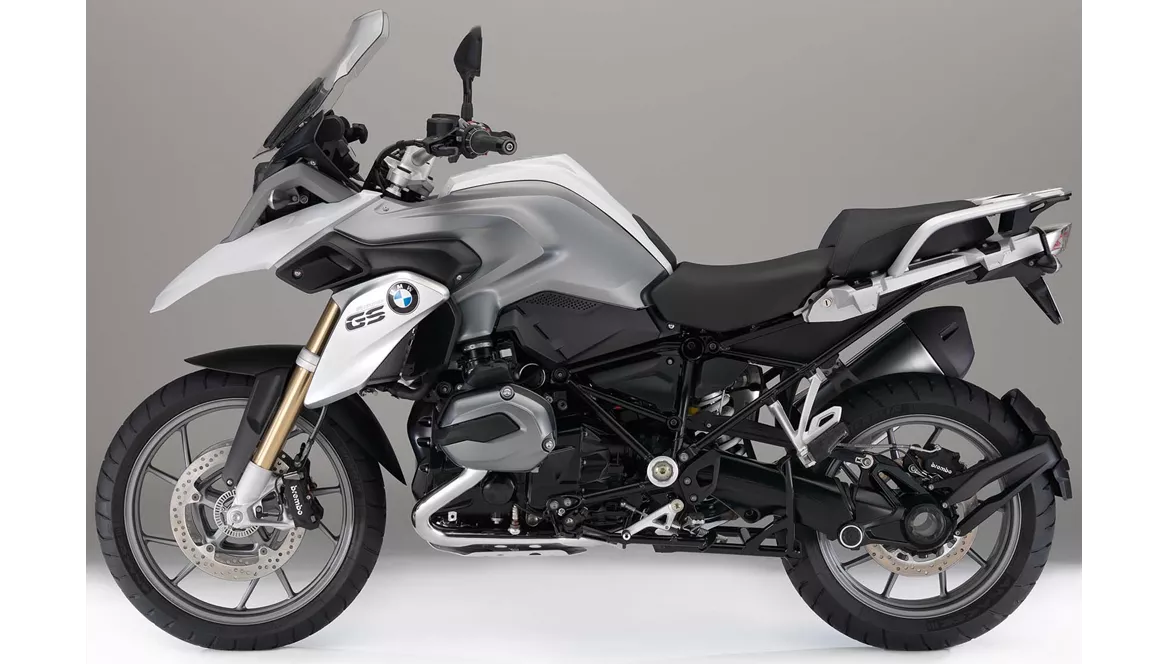
BMW R 1200 GS 2016
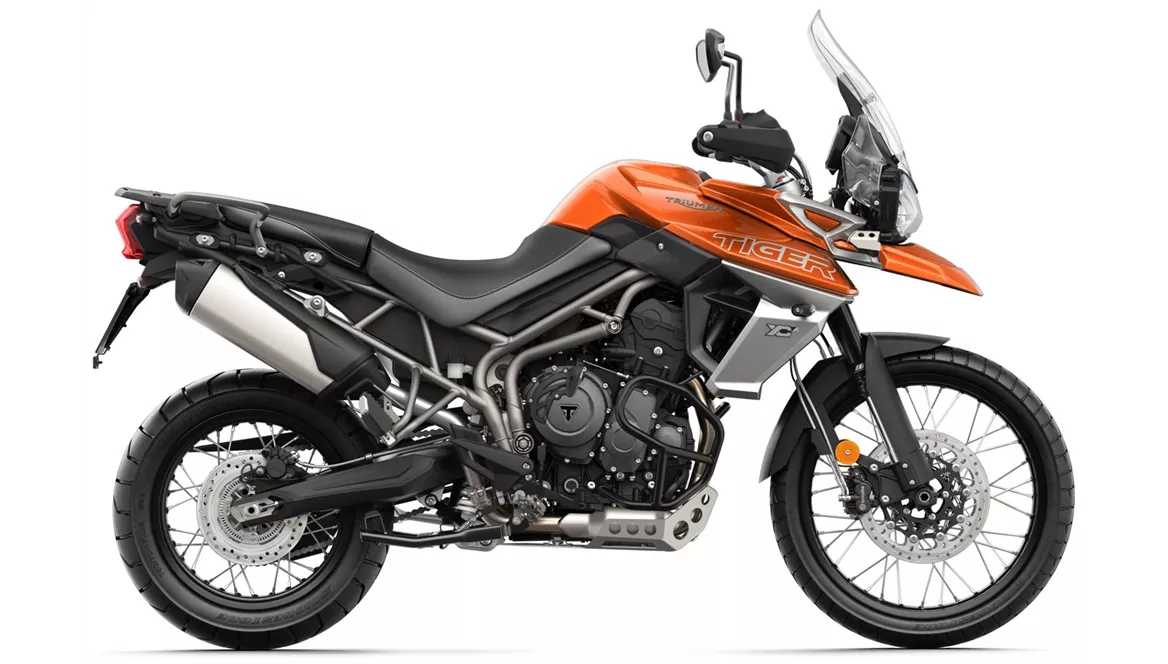
Triumph Tiger 800 XCA 2019
Overview - BMW R 1200 GS 2016 vs Triumph Tiger 800 XCA 2019
When comparing the BMW R 1200 GS 2016 and the Triumph Tiger 800 XCA 2019, there are several key differences to consider.
Starting with the engine and drive train, the BMW R 1200 GS 2016 features a Boxer engine with a bore of 101 mm and a stroke of 73 mm. It boasts an impressive engine power of 125 HP and a torque of 125 Nm. The transmission is a prop shaft, and it has 2 cylinders with a displacement of 1170 ccm. On the other hand, the Triumph Tiger 800 XCA 2019 has an in-line engine with a bore of 74 mm and a stroke of 61.9 mm. It has a slightly lower engine power of 95 HP and a torque of 79 Nm. The transmission is a chain, and it has 3 cylinders with a displacement of 799 ccm.
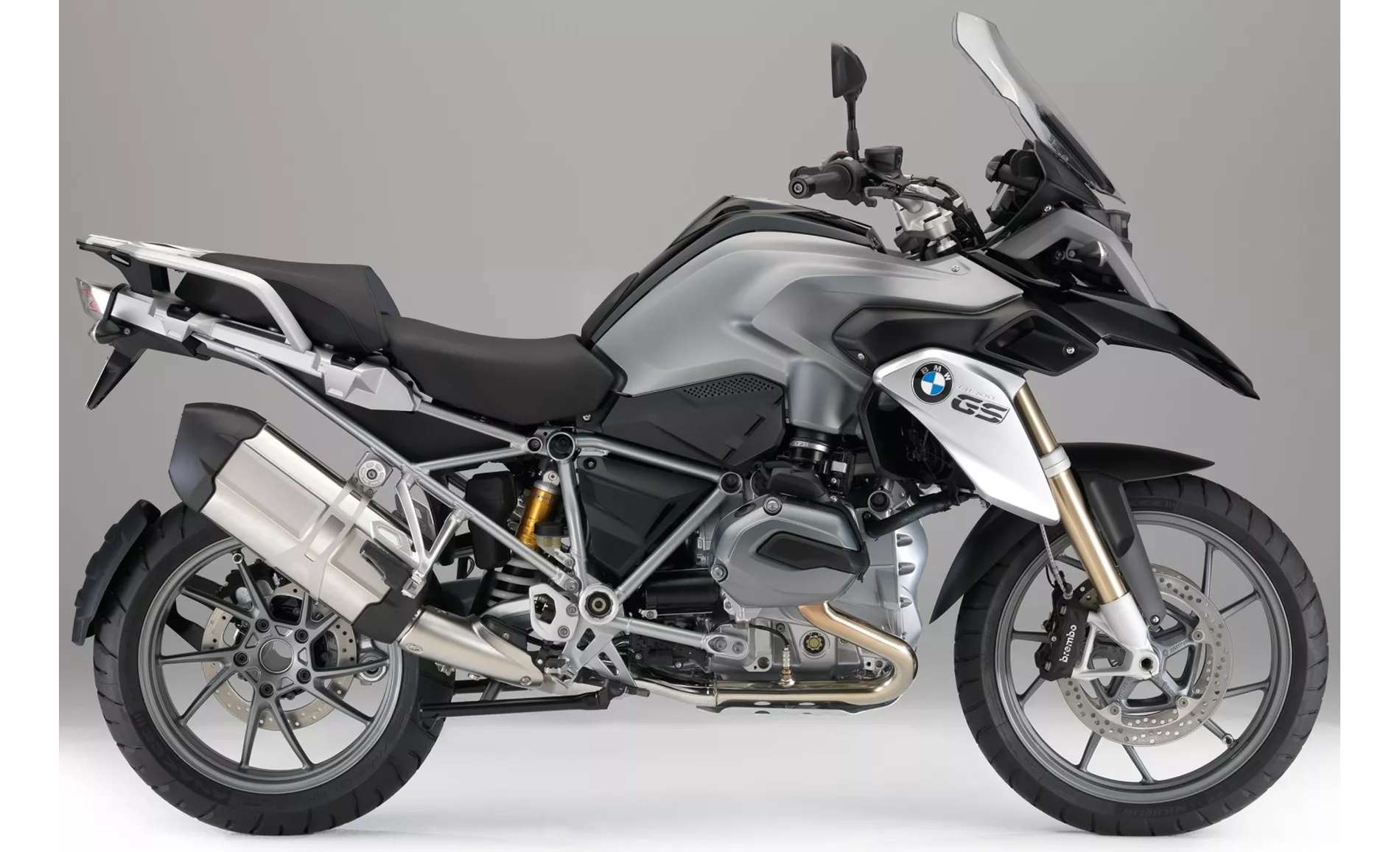
BMW R 1200 GS 2016
In terms of suspension, the BMW R 1200 GS 2016 has a front suspension strut with preload adjustment and a rear suspension single swing arm with preload adjustment. The chassis is made of steel and has a twin tube, load-bearing engine frame type. The front brakes are double disk. The front tire diameter is 19 inches, and the rear tire width is 170 mm with a diameter of 17 inches. The wheelbase is 1507 mm, and the seat height is 850 mm. The fuel tank capacity is 20 liters.
On the other hand, the Triumph Tiger 800 XCA 2019 has a front suspension upside-down telescopic fork with compression and rebound adjustment. The rear suspension is a swing arm with preload adjustment. The chassis is also made of steel but has a tubular frame type. The front brakes are double disk. The front tire diameter is 21 inches, and the rear tire width is 150 mm with a diameter of 17 inches. The wheelbase is slightly longer at 1545 mm, and the seat height is slightly lower at 840 mm. The fuel tank capacity is 19 liters.
When it comes to strengths, the BMW R 1200 GS 2016 is known for its powerful engine, low consumption, comfortable seating position, and its ability to be used off-road. It also has a high reputation in the market. On the other hand, the Triumph Tiger 800 XCA 2019 is praised for its agile engine, easy handling, full comfort features, and the availability of six different riding modes. It also has an Offroad Pro mode, which is great for off-road adventures. Additionally, the traction control and ABS can be deactivated, giving the rider more control.
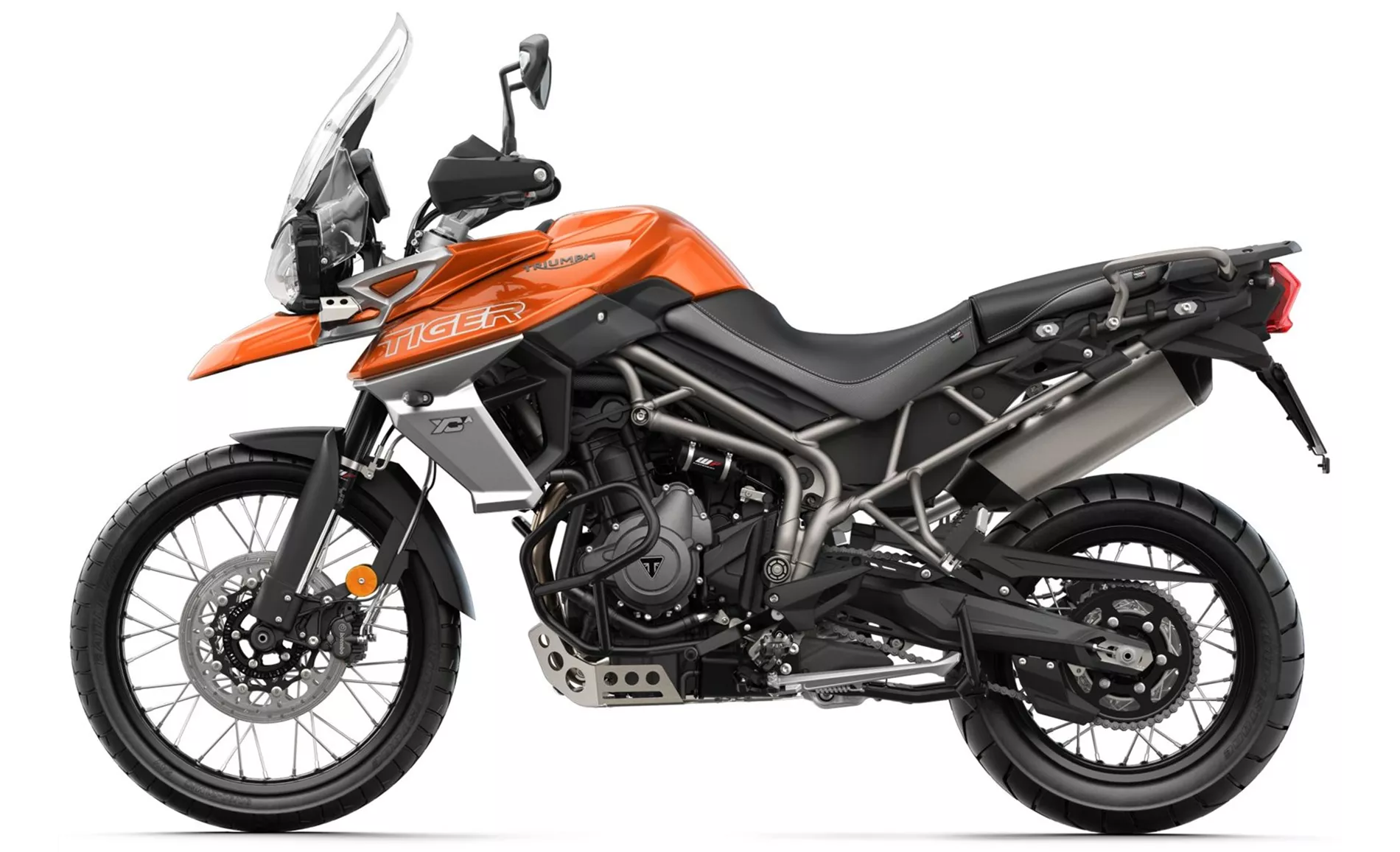
Triumph Tiger 800 XCA 2019
However, both motorcycles have their weaknesses. The BMW R 1200 GS 2016 has a long and expensive surcharge side, and the Telelever front suspension may take some getting used to. The brakes are also reported to be very sharp. On the other hand, the Triumph Tiger 800 XCA 2019 has a color TFT display that is not optimally anti-reflective, and it comes with a higher price tag.
In conclusion, while both the BMW R 1200 GS 2016 and the Triumph Tiger 800 XCA 2019 have their strengths and weaknesses, it ultimately comes down to personal preference and the specific needs of the rider.
Technical Specifications BMW R 1200 GS 2016 compared to Triumph Tiger 800 XCA 2019
Pros and Cons in comparison
Pros and Cons in comparison
BMW R 1200 GS 2016
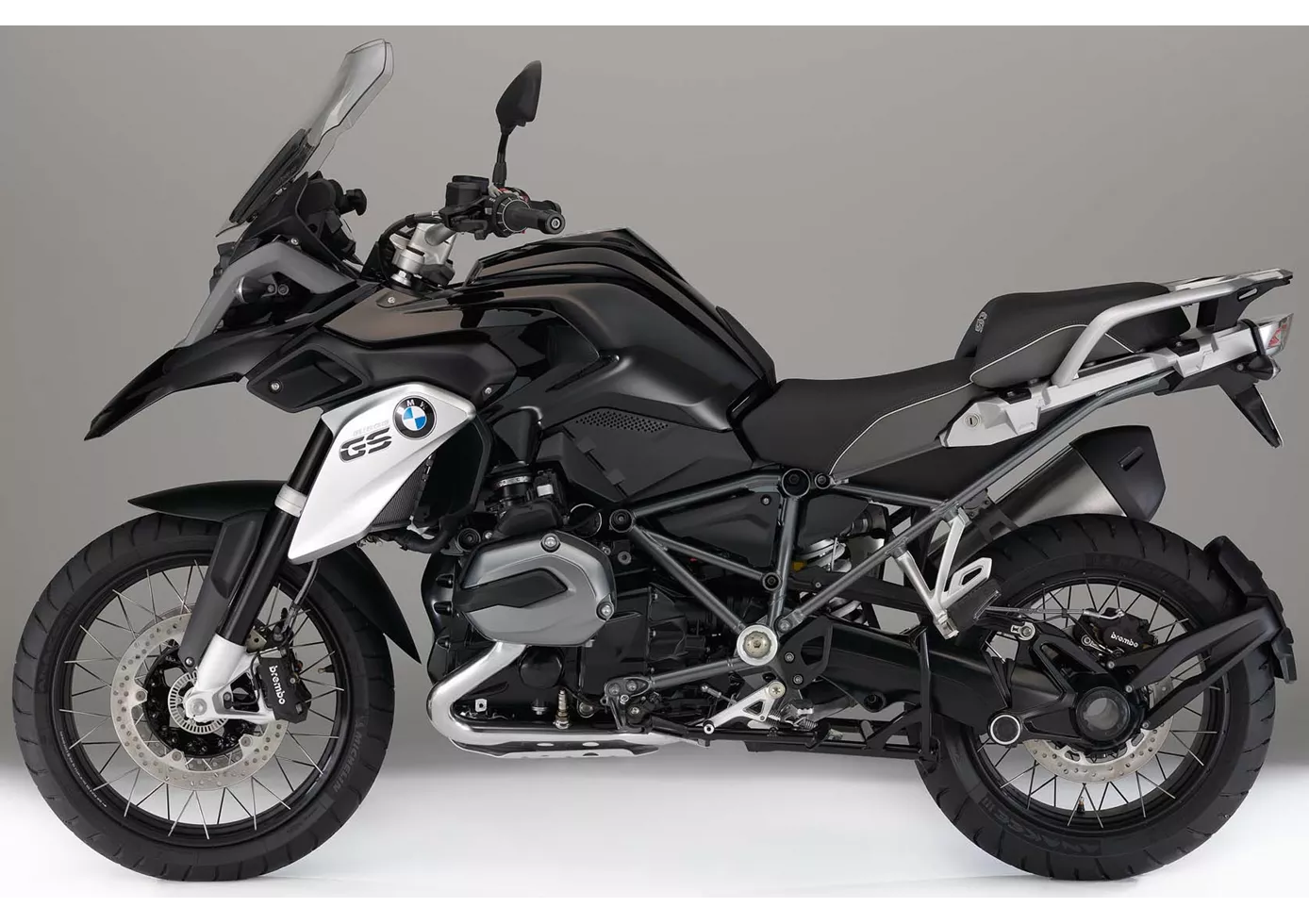
A GS is at home almost anywhere - but only to a limited extent on the racetrack. It's a pleasure to feel the power of the partially water-cooled boxer twin cylinder on the exit of the bend - 125 hp only seems much weaker on paper than 150 or even 160 hp on the competition. With 125 Newton metres of torque, the acceleration from the bottom is superb anyway and the GS, at 238 kilos ready to ride, does not carry too much flab despite its bulky appearance. In very tight corners, the low centre of gravity also has a positive effect - the BMW R 1200 GS is very hard to crack! Even the front telelever suspension, which suppresses the front wheel's tendency to sink in under braking, fits perfectly into the GS's overall package and only slightly detracts from its sporty character.
Triumph Tiger 800 XCA 2019
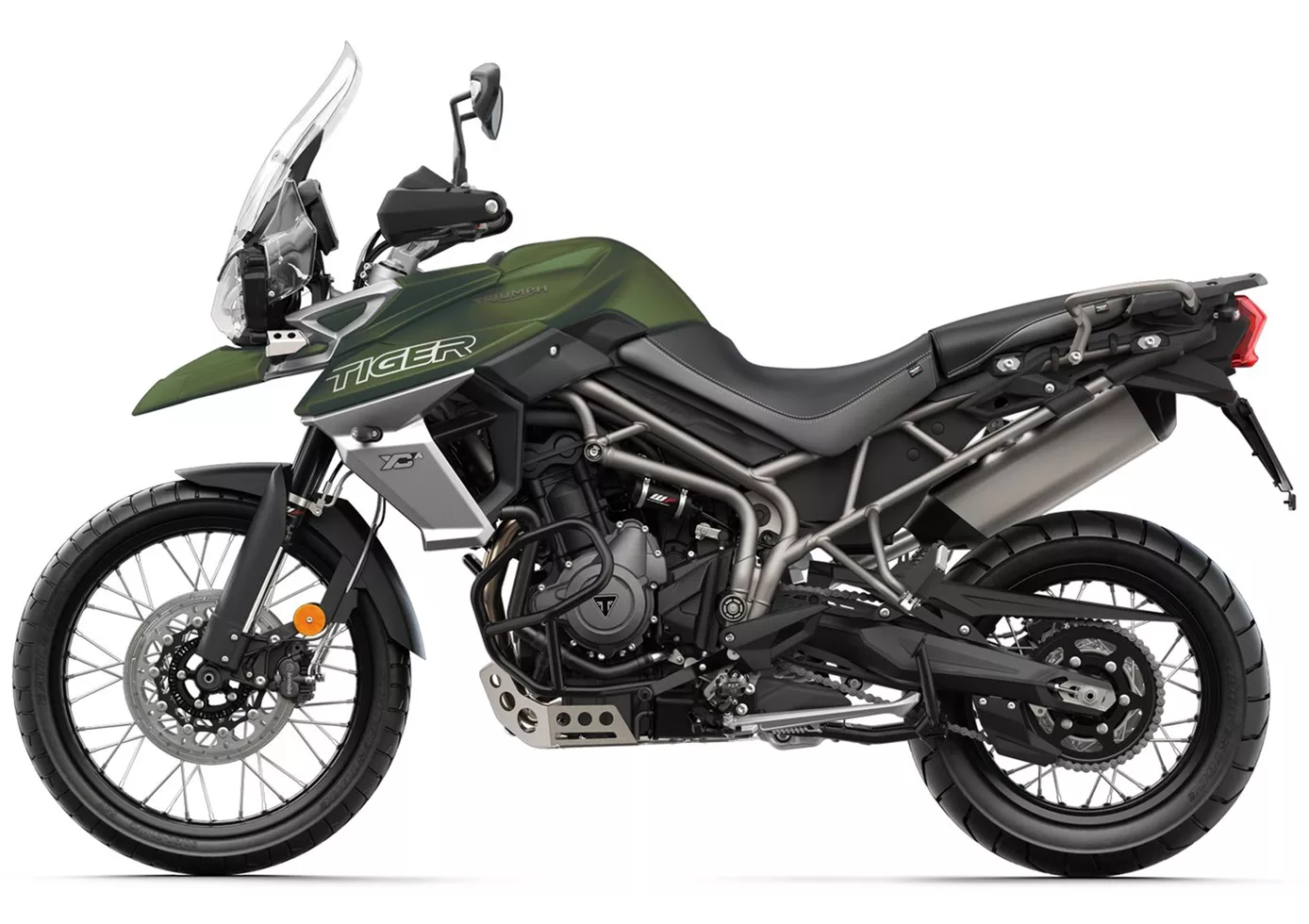
The best Tiger 800 ever - because while the new Tiger 800 XCa can boast a special Offroad Pro mode and a superb standing position off-road, it doesn't mess around on paved roads either: superb seating position, the same manoeuvrability as the more road-oriented Tiger 800 XRt thanks to wider handlebars and even more lean angle clearance thanks to the longer suspension travel. You don't have to do without comfort despite serious off-road capabilities and sporty rideability; colour TFT display, height-adjustable windshield, heated grips and seats as well as full LED lighting are not even available at extra cost from other manufacturers in the mid-range touring enduro class, but are standard on Triumph's top model.
Price Comparison Avarage Market Price BMW R 1200 GS vs Triumph Tiger 800 XCA
There are a few key differences between a BMW R 1200 GS 2016 and a Triumph Tiger 800 XCA 2019. There are the same number of bikes of both models available on the 1000PS.de marketplace, specifically 47. It takes less time to sell a BMW R 1200 GS with 70 days compared to 143 days for a Triumph Tiger 800 XCA. Since model year 2005 1000PS.de editors have written 98 reviews for the BMW R 1200 GS and 8 reviews for the Triumph Tiger 800 XCA since model year 2015. The first review for the BMW R 1200 GS was published on 1/20/2004 and now has more than 19,100 views. This compares to more than 18,900 views for the first review on Triumph Tiger 800 XCA published on 5/5/2015.
